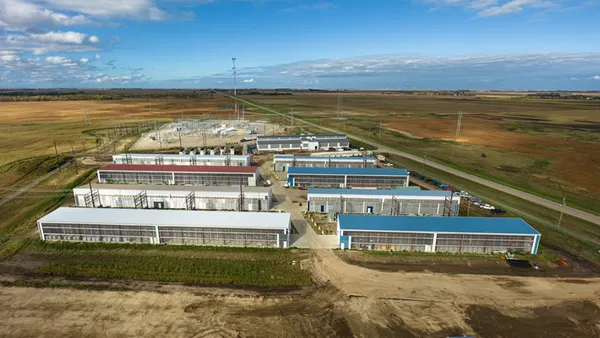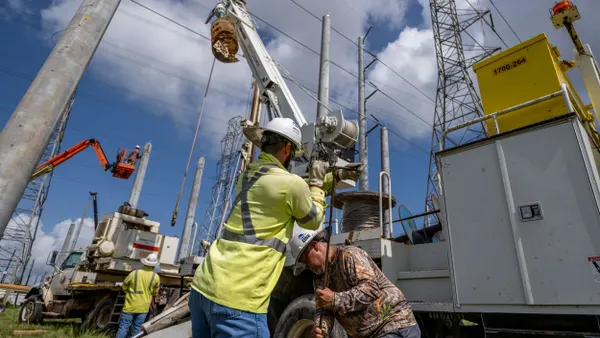Dive Brief:
- A bill that would essentially end state regulators' oversight over fee disputes within rural electric cooperatives and municipal providers has passed both the Minnesota House and Senate, and now heads to the desk of Gov. Mark Dayton (D).
- Minnesota Public Radio says Gov. Dayton has not indicated if he will sign H.F. 234. If it becomes law, it would send disputes over solar fees to a third-party mediator rather than the Public Service Commission.
- Last year, several rural cooperatives in the state hiked fees on solar owners in order to recover fixed costs. Renewables advocates worry the fees will lower customer interest in adding panels.
Dive Insight:
Debates over solar fees, interconnections and cost-shifting have become more common, but in rural areas of Minnesota, rural cooperatives argue the cost of supporting solar generation is even higher. To fix that problem, rural co-ops added fixed charges, which some customers report added as much as $50 on top of their monthly bill.
According to the Minnesota Rural Electric Association (MREA), fixed charges are necessary because of the significant revenue lost from solar generation, which they claim is as much as 4% of peak load.
Clean Up The River Environment Executive Director Duane Ninneman told Midwest Energy News that it is "war on solar." On the other hand, Sen. David Osmek (R) told Minnesota Public Radio the issue is around local control. "You may not like it, and solar providers may not like it, but co-ops are democratically elected. They represent the interests of the ratepayers that they represent," he said.
The legislation specifies that "any proceedings concerning the activities of a cooperative electric association under this section that are pending at the Public Utilities Commission on the effective date of this section are terminated on that date."
According to MREA, fixed costs are higher for rural utilities because they average only six members per mile of electricity line compared with 48 customers per mile in urban and suburban areas served by investor-owned utilities.













